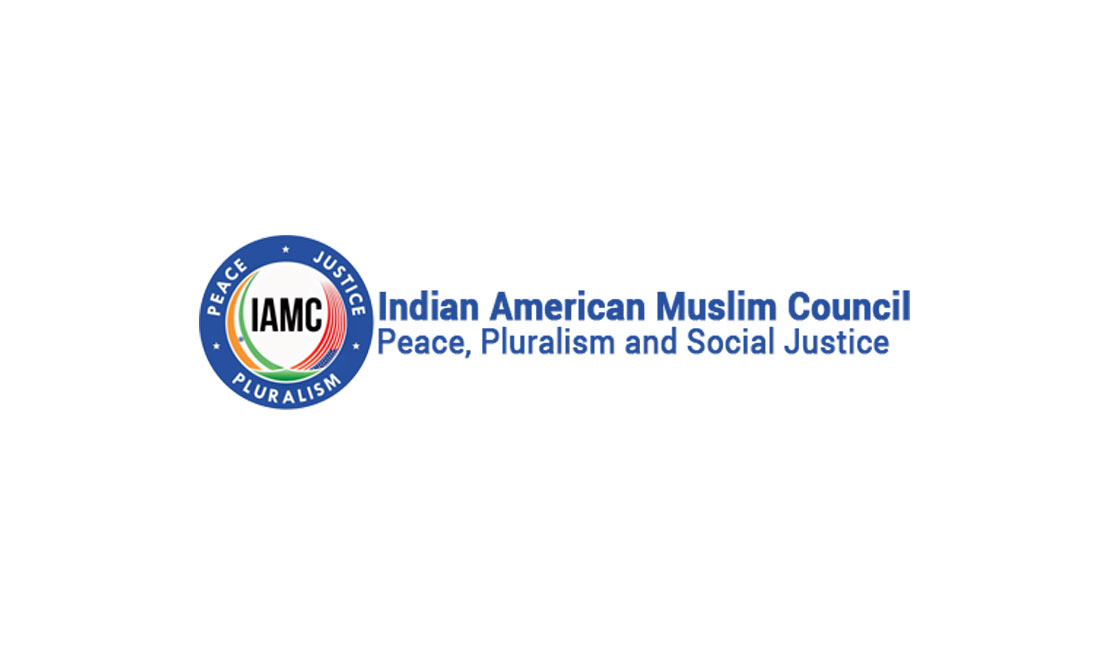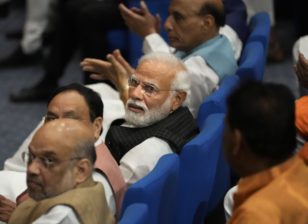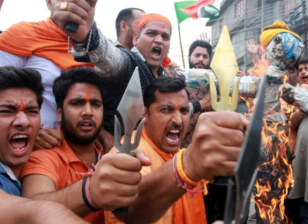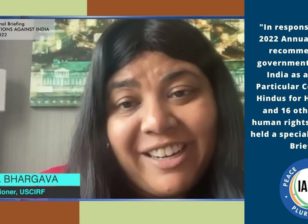In Delhi, First Came the Pogroms. Then Came Coronavirus. – By Yashraj Sharma
Lying on a torn cot inside a tent, 38-year-old Nizamuddin didn’t turn when a cloud of dust landed on him. He closed his eyes and tried to recall what his home felt like. Modi’s majoritarian government has shown no desire to pass any strict laws against mob violence or hate speech, doing further damage to the idea of a secular India. Indeed, since Modi took power in 2014, Hindu nationalism in India has been on the rise. So have been communally motivated attacks.
A report by IndiaSpend found that Muslims were the target of 52 percent of attacks related to consuming beef – an offense because cows are considered holy by Hindus – from 2010 to 2017; 97 percent of those attacks happened after Modi took power, and 84 percent of those killed were Muslims. Many of these attacks were shot on video, with the faces of the attackers visible, yet the mob vigilantism has gone unpunished.
On March 24, Modi announced a nationwide lockdown amid growing numbers of coronavirus cases in India. The next morning, the families in the camp were asked to leave immediately. Nizamuddin was out of options; with no money in hand, he was forced to move back to his looted home. For him, it is a scary reminder of bad memories now. “We were forcefully evicted from the camp due to some viral disease,” he told me over the phone. “Upon our return, we didn’t meet eyes with any of our neighbors.
SEE ALSO
India is busy in hating Muslims in the age of pandemic! – By Dr. Zeeshan Khan (Mar 30, 2020, Global Village Space)
Violence after violence: The politics of narratives over the Delhi pogrom – By Irfan Ahmad (Mar 28, 2020, The Polis Project)
Delhi’s Displaced Muslims – By Yashraj Sharma (Mar 25, 2020, The Diplomat)
Genealogy of a Pogrom – By Tanweer Fazal (Mar 26, 2020, The Baffler)




